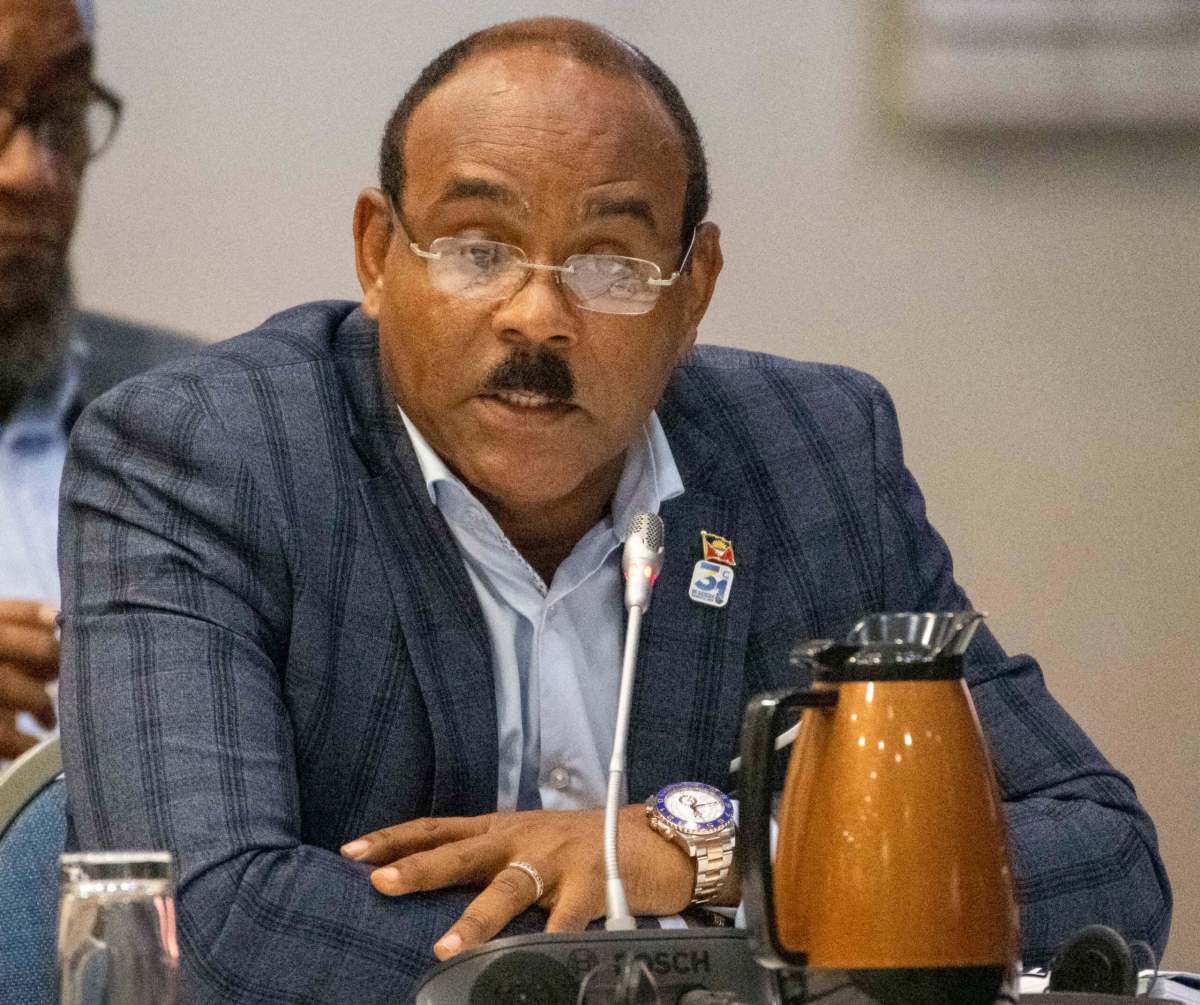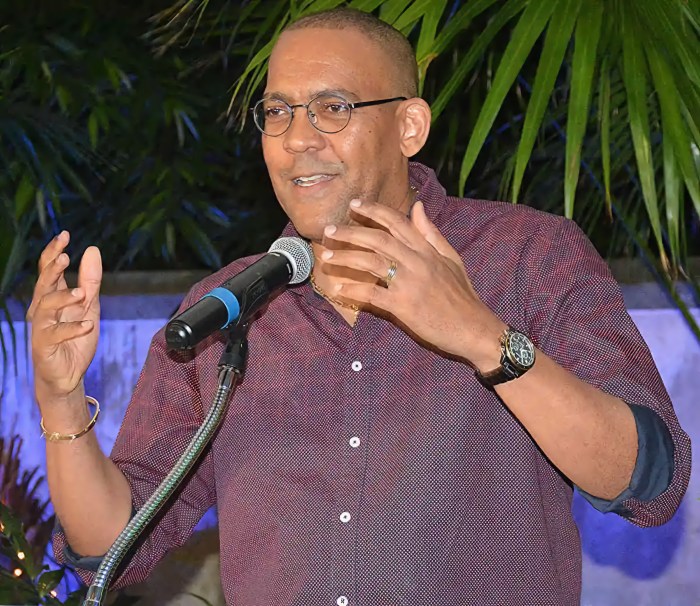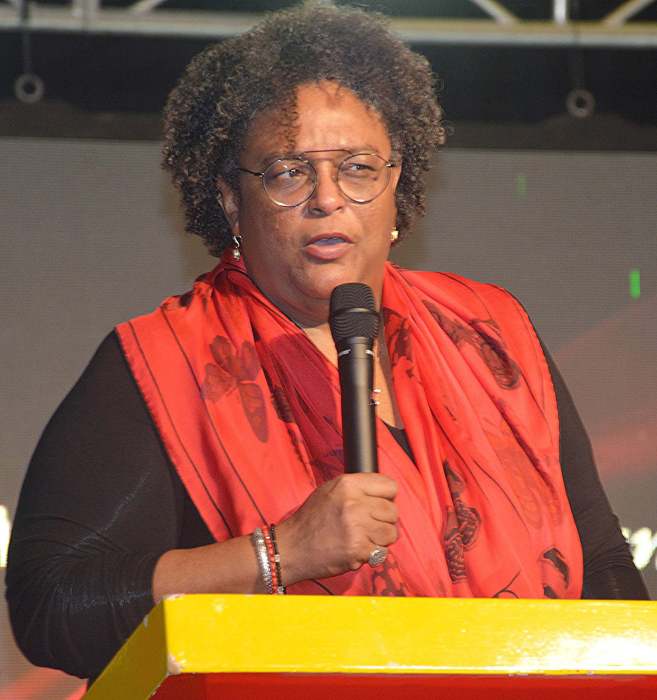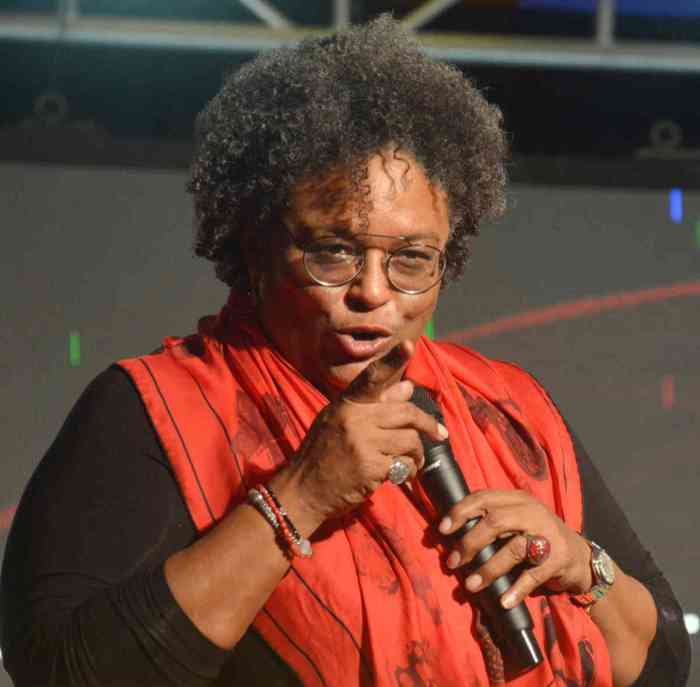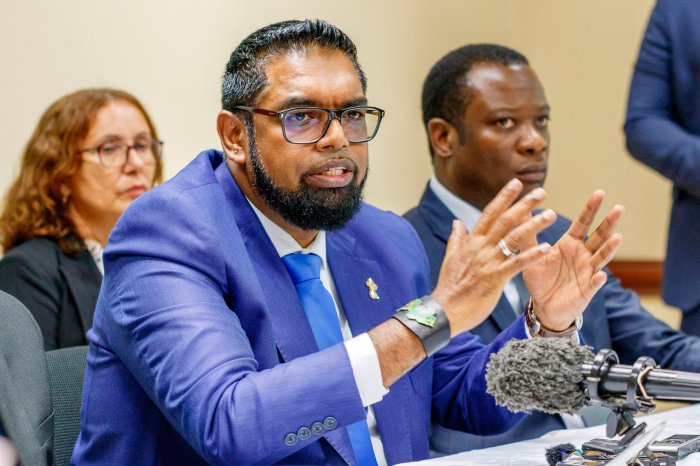Facing continued financial struggles the Caribbean’s dedicated air taxi service, LIAT, is about to be closed but that decision has given rise to a dispute among regional prime ministers on what should replace this service.
Antigua and Barbuda’s PM Gaston Browne recently announced that with the airline bleeding money it will be liquidated to be replaced by a new company, but while his vision was re-starting another entity using the assets left after bankruptcy procedures, his Barbados counterpart Mia Mottley however declared that there are six small air service providers ready to fill the opening.
“I can report with certainty that since announcements were being made earlier this week about LIAT’s demise, six airlines have come forward offering to fill the space,” Mottley said days ago, adding “we are satisfied that these six airlines can more than fill the immediate gap, particularly given the reduced traffic within the COVID-19 pandemic. There are other private sector players who have also expressed an interest in being able to see how they can work either on their own or with some of the existing players.”
But Browne, on whose twin-island state LIAT is based and provides significant employment, last Saturday reacted furiously to this suggestion of replacement services declaring it will not fall, “prey for no rinky dinky airline.”
“If we’re not careful, the decentralization that I see taking place here and which some heads [of shareholder governments] are pushing for, you’re going to end up with a whole heap of rinky dinky airlines, small rinky dinky airlines, and you will see a reduction in service quality and you will also see a reduction in passenger comfort and safety,” he said.
In previously announcing a need to fold the financially faltering airline, Browne had said the COVID-19 pandemic, “increased the losses exponentially,” against a backdrop of it losing $4.440 million in all of 2019.”
The pandemic that saw Caribbean territories closing their air and sea borders, however, led to the airline’s grounding for several months.
“They have to pay the lease payments and they are not getting any revenue,” Browne pointed out and said “a decision will have to be made to collapse it and then maybe the countries within the region will have to come together to form a new entity.”
Browne’s envisioning that the airline be closed, get its finances in order, then to re-launch as another LIAT company is not new to the entity.
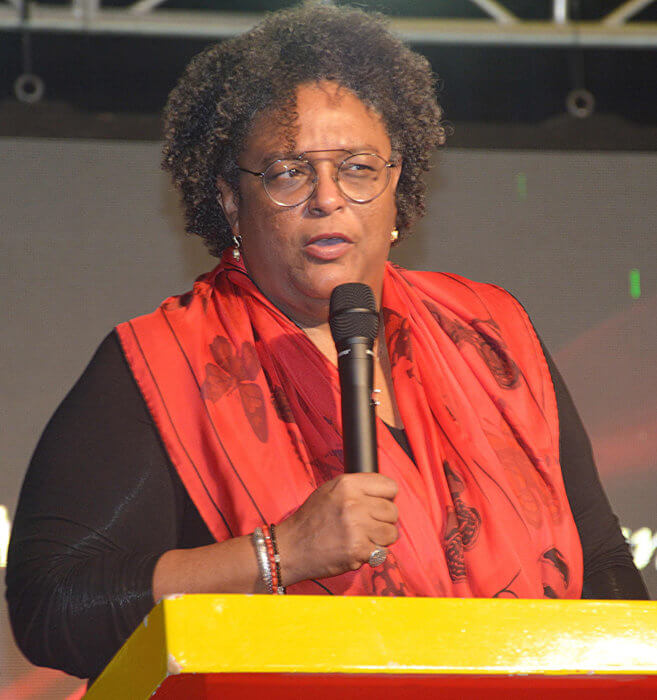
The service began humbly as a privately-owned air transport provider in 1956 and was allowed to fold then bought out by a consortium of 11 Caribbean territories when it faced similar financial challenges 18 years later and renamed LIAT (1974).
Now owned by only four Eastern Caribbean islands, and the Antigua PM conceded circumstances are different in moving to another firm as ‘LIAT 2020.’
“I do understand that there are a number of stakeholders that we have to satisfy, especially creditors and I believe that we could do a work out with the various creditors and to literally get some arrangement in which they can accept that we are not conveniently closing LIAT 1974 Ltd. The governments cannot go any further with it.”
Nonetheless he insisted, “we should not be running away from the name LIAT.”
“LIAT is a Caribbean institution built by Caribbean people of which we should be proud.”
Not denying the usefulness of the 1974 company, Mottley however countered, “while LIAT has been a critical part of our history, there is also a time when those instruments that have served us well in the past, may not be the right instruments for us going forward.”
The challenge Browne faces is that his country is a minority shareholder, Barbados is the major shareholder and Mottley is reportedly supported by the other two minority owners, Dominica and St. Vincent and the Grenadines.


